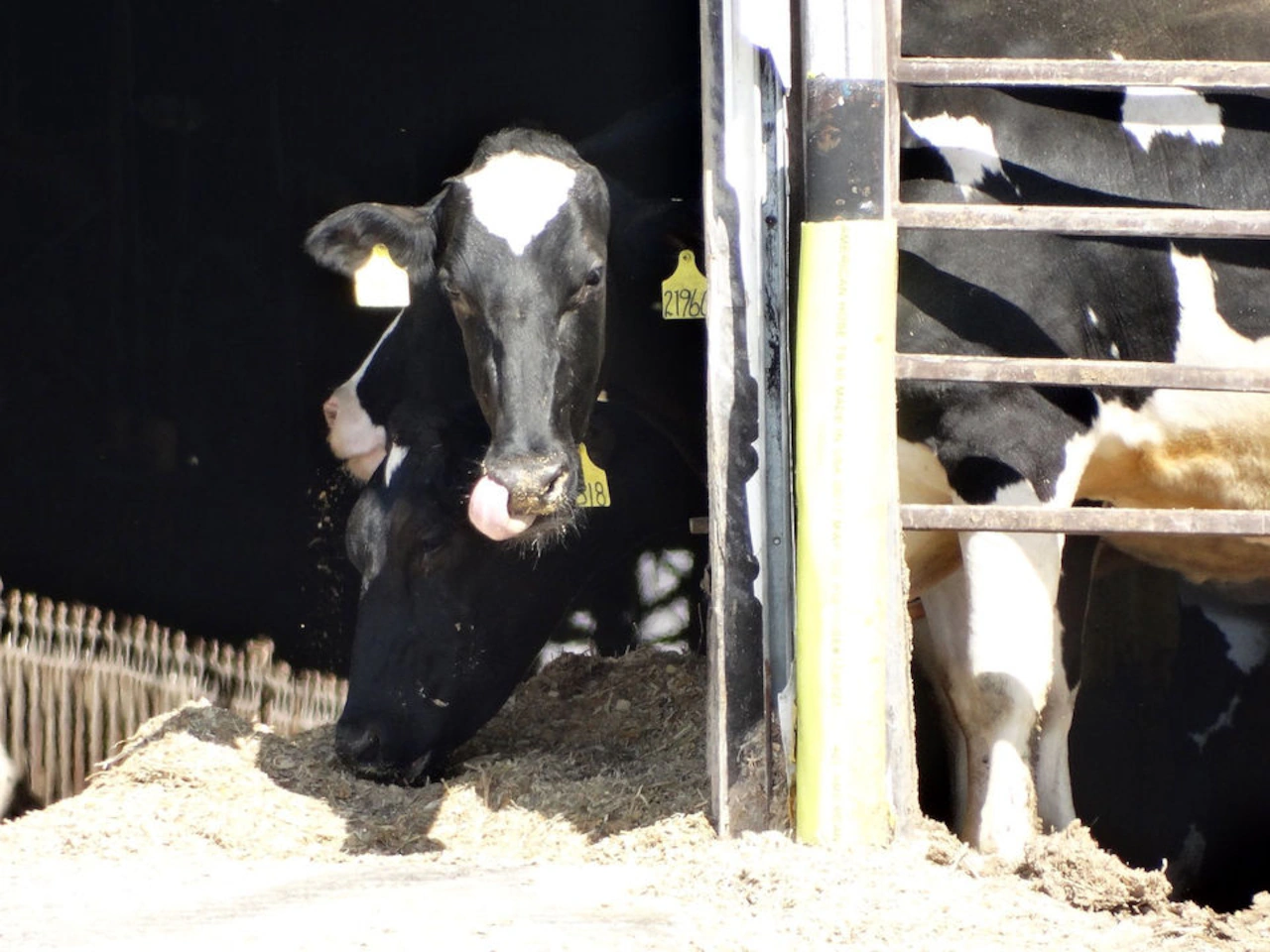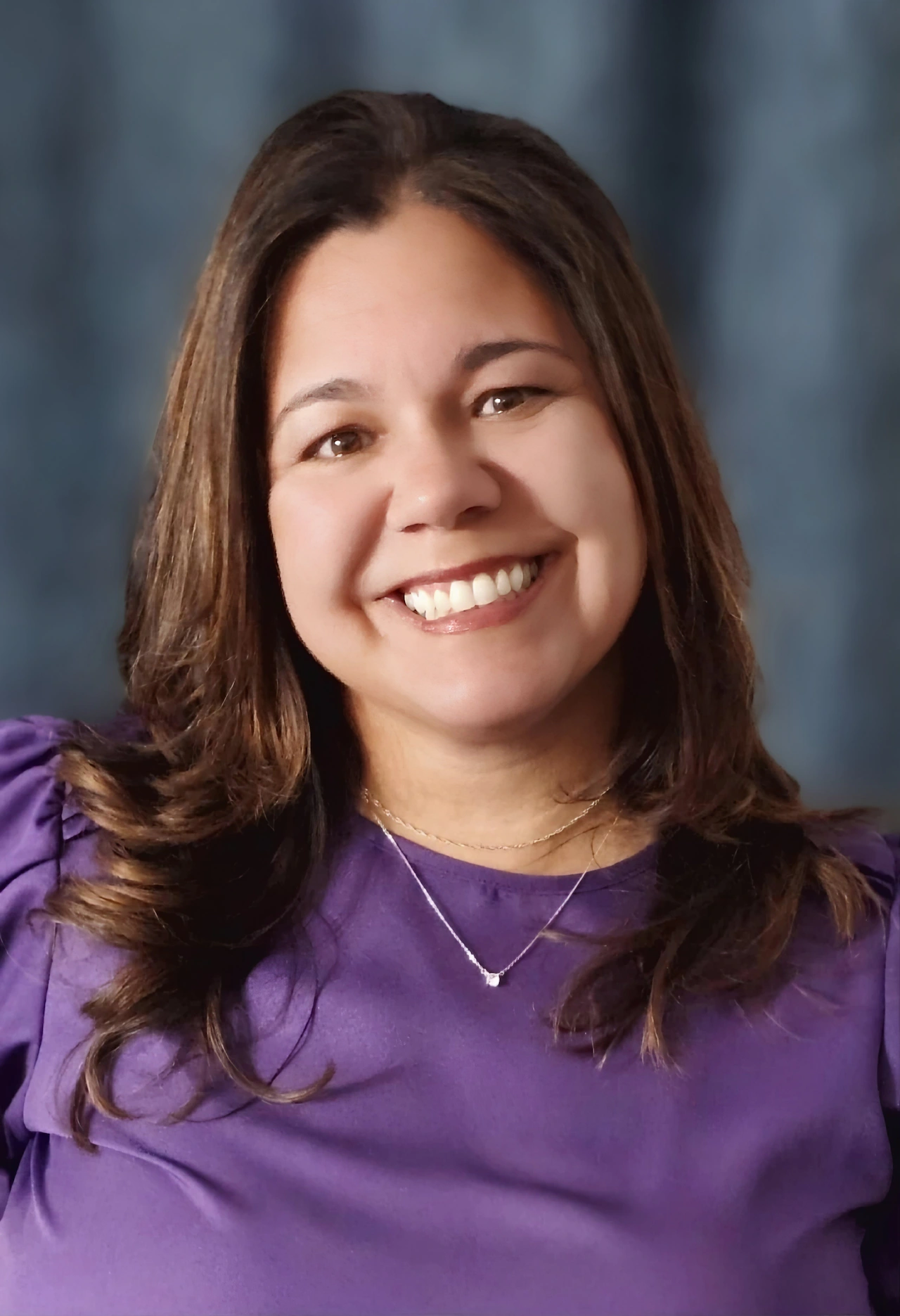Copyright M Live Michigan

LANSING, MI — Michigan regulators have finalized stricter pollution controls for the state’s largest livestock operations following a multi-year legal battle over how factory farms manage animal waste. In an Oct. 29 decision, Phil Roos, director of the Department of Environment, Great Lakes, and Energy (EGLE) approved the updated 2020 general permit for Concentrated Animal Feeding Operations, or CAFOs, with changes aimed at reducing runoff. The decision supersedes the 2015 permit that’s governed Michigan CAFOs for the past decade and reinstates provisions weakened by an administrative law judge this year. It follows a 2024 Michigan Supreme Court decision in the Michigan Farm Bureau v. EGLE case, which affirmed the agency’s authority to impose conditions beyond federal minimums provided it proves such measures are necessary to protect water quality. Roos cited that legal foundation in his decision. The new state rules prohibit land-applying or transferring manure to other landowners during January, February and early March when soils are typically frozen and runoff potential is higher. They also require additional groundwater monitoring and site-specific requirements for farms in watersheds impaired by nutrients or bacteria. The state can also require 24-hour notice before manure is land-applied on fields designated as high risk for runoff or nutrient leaching. Roos wrote that the new limits were “necessary” to achieve water-quality standards and comply with applicable laws. He said a January administrative ruling that weakened winter restrictions was based “not on science … but rather on convenience to farmers.” The director concluded that Michigan’s environmental law “does not allow balancing of CAFO operator convenience against the need to protect the waters of the state.” The department referred requests for comment to Roos’ decision. The decision allows EGLE to begin enforcing the updated 2020 permit, replacing a ten-year-old version that had been extended while the case moved through state courts. Environmental advocates hailed the outcome as a long-overdue victory for lakes and streams while agribusiness groups warned the tighter restrictions could complicate winter manure management for large farms. The state’s general permit was originally issued in March 2020 but had been tied up in court after industry groups led by the Michigan Farm Bureau challenged its legality. Environmental groups such as the Environmental Law & Policy Center, For Love of Water, and the Michigan Environmental Council intervened to defend stricter conditions. The Michigan Farm Bureau said it may appeal Roos’ decision. “Michigan Farm Bureau is disappointed by the decision,” said Andy Kok, farm bureau attorney. “Our farmers have more interest than anyone in preserving our state for the future and want their children to continue working their land sustainably, as their families have done for hundreds of years,” Kok said. “Director Roos, with minimal review, chose to overrule the administrative law judge who took extensive effort and weeks of hearing of testimony and several years of study to scientifically review the permit.” According to the Environmental Law & Policy Center, Michigan’s 290 large permitted CAFOS generate about 62.7 million pounds of fecal waste per day — which is about 17 million pounds more than what’s generated daily by the state’s 10 million people. According to the group’s 2024 report, Michigan CAFOs generate far more manure and waste than surrounding fields or soils can absorb. The excess phosphorus and nitrogen in that waste is primed for runoff into lakes and streams, where those nutrients degrade water quality and drive harmful algae growth. Most of the state’s CAFOs are in watersheds designated as impaired by bacterial contamination, the report notes. “The legal and administrative challenges to this commonsense permit have wasted five years, during which CAFOs were allowed to keep polluting Michigan’s waters,” said senior ELPC attorney Katie Garvey. “Now it’s time for the CAFOs to step up, be good neighbors, and stop the endless legal wrangling.” In mid-October, Flow Water Advocates of Traverse City filed comments opposing a proposed 3,450-cow expansion of the KB Dairy operation in Gratiot County, saying the case illustrates why the stronger statewide CAFO standards are needed to curb pollution from “massive livestock operations.” The group is urging EGLE to deny the expansion permit and hold a public hearing, citing groundwater-contamination risks in a region where residents rely on private wells for potable supply.



